The exquisite woodcarvings in the temples and secular buildings in the Himalayan interiors, lately painted with synthetic paints, are now in dismal state of conservation. Our forefathers had better sense of conserving those edifices. They had been applying chulli oil, deodar oil or linseed oil to the fragile and exposed carvings; and that way, the exquisite woodcarvings lasted for centuries. If we have to protect the precious legacy of art, we have to look back for our traditional wisdom. Obsessed with such concerns, the author felt impelled to discover the artistic wealth of our spiritual, religious and cultural material that lay un-noticed and neglected in the wooden temples and ancient secular building in the Himalayan interiors. The author had been collecting the data during his numerous ramblings in the Himalayan interiors for about half a century. In order to update, he undertook some more field visits in the interiors of Himachal Pradesh and Uttaranchal. In the present study, the attempt remained not to study the woodcarving as a fossilised antiquity so as to probe into its artistic or the technical aspects, but to deal with it as a living and thriving reality, as an integral and unalienable part of the socio-cultural system of the people of this region. To that end, not only the woodcarving, but also the geophysical environment, which has nurtured this art, and the people, who have been practising and patronising, have been discussed in the present work. The present study is spread into eight chapters. The first chapter outlines the religious, therapeutic and structural uses of the deodar wood, the principal woodcarving medium. In the second chapter, the geophysical setting and the biophysical zones are discussed in the context of Himalayan flora culture. The third chapter is devoted to the carvers and patrons of the art of woodcarving -their ethnicity, socio-cultural aspects, belief-system, etc. The fourth chapter deals with the woodcarvings found in the wooden temples of the Himalayan interiors. In the fifth chapter, the woodcarvings found in the residential houses and ancient palaces of the region have been discussed. In the sixth chapter, the influences that the art of woodcarving has registered on it from various sources, foreign and indigenous, since the earliest times, have been outlined. Seventh chapter is devoted to the case studies of woodcarvings in the classical and folk wooden temples. In the eighth chapter, the modern trends that have been reflected on the art of woodcarving during the post-independence decades have been brought out, and the utilitarian carved woodwork discussed. It is hoped that the readers shall find this work interesting and inspiring for further research.
Woodcarving in the Himalayan Region
by O C Handa
$62.10
$69.00
In stock
Free & Quick Delivery Worldwide
All orders amounting to US$ 50 or more qualify for Free Delivery Worldwide. For orders less than US$ 50, we offer Standard Delivery at $14 per book.
ABOUT THE AUTHOR O C Handa
Born in Mandi (Himachal Pradesh) on 2nd October 1936, Dr. O.C. Handa is an outstanding scholar, connoisseur of art and a persistent adventurer. In his exploratory pursuits, he has successively undertaken several expeditions to the far-flung pockets in the Western Himalayan region upto the border of Tibet, mostly on foot. This underscores his interest and zeal in exploring antique but extant sources of history, art and culture of this region. Dr. Handa did his post-graduation in History from University of Mysore, Ph.D. from Meerut University and D.Litt. from Agra University – his speciality being the Buddhist Archaeology of the Western Himalayan region. Besides articles, research papers and radio and T.V. performances, he has numerous books on art, history and culture of the Western Himalayan region to his credit. Dr. Handa was a fellow of Himachal Academy of Art, Languages & Culture, Shimla during 1984-1986; of Indian Council of Historical Research, New Delhi during 1991-1993; and of Indian Institute of Advanced Study, Shimla during 1996-1998.
reviews
0 in total
Review by Anonymous
Be the first to review “Woodcarving in the Himalayan Region” Cancel reply
You must be logged in to post a review.
Bibliographic information
Title
Woodcarving in the Himalayan Region
Author
Edition
1st ed.
Publisher
Indus Publishing Company, 2006
ISBN
8173871957
Length
216p.
Subjects
tags
#Himalayamore by O C Handa see more
similar bookssee more
Studies in Archaeology
$14.40
$16.00

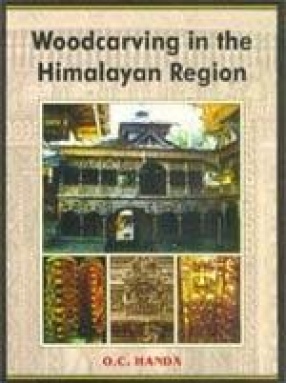
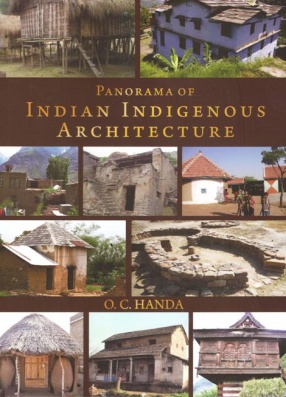
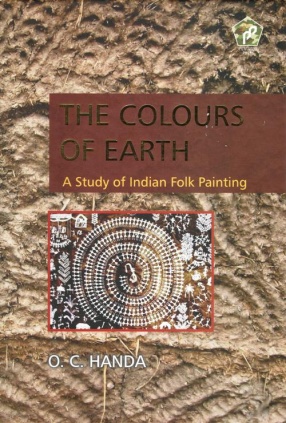
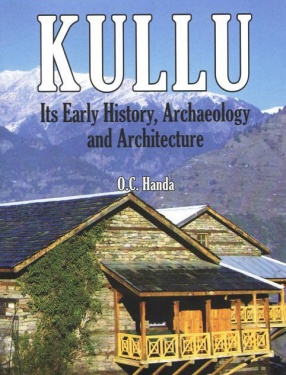


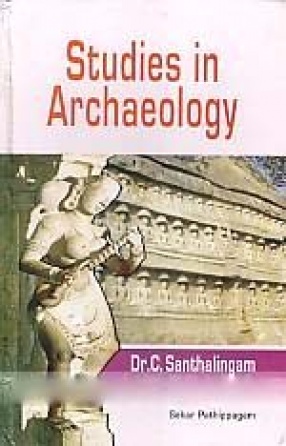
There are no reviews yet.